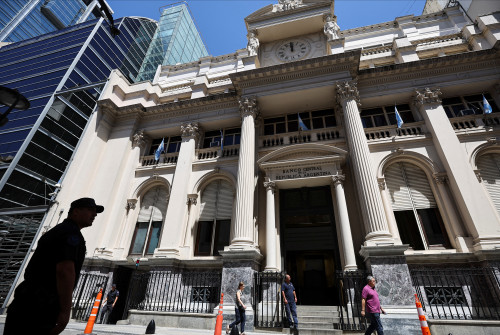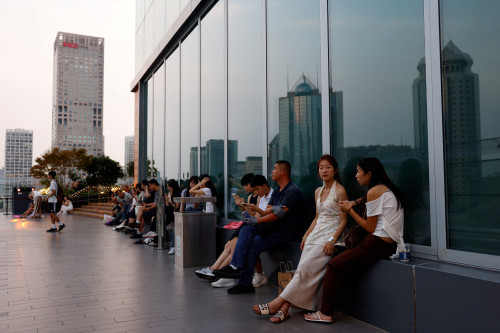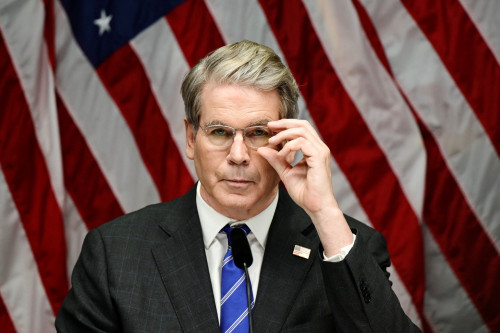By Michelle Nichols
UNITED NATIONS (Reuters) – An international aid agency in Afghanistan has resumed operations in the southern province of Kandahar – the birthplace of the Taliban and home to its supreme spiritual leader – after its Afghan female staff were allowed to return to work.
The move comes after Norwegian Refugee Council (NRC) Secretary General Jan Egeland told Reuters last month that key Taliban leaders in Kandahar had signaled a willingness to agree to an interim arrangement for NRC female aid workers.
“I am glad to confirm that we have been able to resume most of our humanitarian operations in Kandahar as well as a number of other regions in Afghanistan,” Egeland, who was the U.N. aid chief from 2003-06, posted on Twitter on Monday.
“All our work is for women & men, girls & boys alike, & with equal participation of our female & male humanitarian colleagues,” Egeland wrote.
The Taliban administration was not immediately available for comment.
The Taliban seized power in August 2021 as U.S.-led forces withdrew after 20 years of war. In April, Taliban authorities began enforcing a ban on Afghan women working for the U.N. after stopping women working for aid groups in December. U.N. and aid officials said the orders came from Taliban leaders in Kandahar.
The U.N. and aid groups have been trying to carve out exemptions for women to deliver aid, particularly in health and education. The Taliban administration has been promising since January a set of written guidelines to allow aid groups to operate with female staff.
Egeland said last month that when he complained that the guidelines were taking too long, Taliban officials in Kandahar suggested an interim arrangement could be agreed to allow Afghan women to return to work in the office and field.
The Taliban say they respect women’s rights in accordance with their strict interpretation of Islamic law. They have also tightened controls on women’s access to public life, barring women and girls from university and high school.
(Reporting by Michelle Nichols; Editing by Hugh Lawson)





